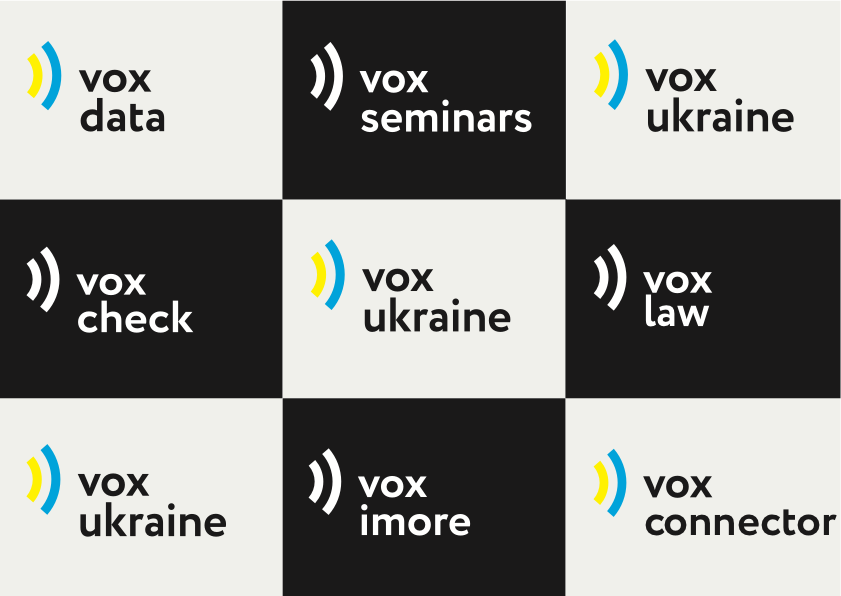Political parties in Georgia mostly fail to include young people in their work, while youth often distrust party politics and rarely organise in institutionalised forms of activism. #GEOYOUTH2020 looks at the causes of their absence from party politics and aims at making young voices heard in the run-up to the 2020 parliamentary elections.
An Analysis by Sonja Schiffers & Frauke Seebass
Around 18 percent of the world’s population are youth, and over the course of the last years they have increasingly caught the eye of policy makers. The United Nations Security Council Resolution 2250 (2015) became the first international policy framework recognising the positive role young people play in preventing and resolving conflict, countering violent extremism and building peace. It urges Member States to give youth a greater voice in decision-making and to set up mechanisms that would enable young people to participate meaningfully in peace processes.
After Resolution 2250 was passed, the UN Independent Progress Study “The Missing Peace” identified multiple “experiences of exclusion, described by young people from across the globe, as a form of structural and psychological violence that is deeply rooted in the reciprocal mistrust between young people, their governments and the multilateral system.” In response, UN Security Council Resolution 2419 (2018) reaffirmed demands to increasing the representation of young people when negotiating and implementing peace agreements.
Despite these advancements towards including the perspectives of youth in peace and security as well as politics more broadly, youth have often been looked at through the prism of “threat” – a threat to security and stability because of their radicalisation or protest potential, a threat to population growth because of out-migration or decreasing birth rates, and even a threat to tradition due to higher openness towards and interest in other cultures.
Georgian Youth Between Tradition And Tomorrow
In Georgia, youth make up a rather low 12 percent of the population and therefore have little leverage at the election booth. At the same time, they are those who will shape the future trajectory of the country, and thus deserve a voice in politics and society.
As the Caucasus Barometer reveals, Georgian youth are much more active online than the older generation, they are more tolerant towards immigration and have much more contact with foreigners living in Georgia; they want fewer children than previous generations, while being less open towards abortion and more tolerant of divorce. Georgia’s youth are highly interested in temporary migration, and more interested in permanent migration than older people. These figures are certainly related to high youth unemployment, which stands at around 30 percent (down from 40 percent in 2009).
The Georgian Government acknowledges the special roles and needs of youth in its Youth Policy Document (2014), which seeks to support youth involvement in social, economic, cultural and political life, high quality education, employment and training opportunities, healthy lifestyles for youth, and the promotion of civil rights and duties.
It also mandates an Interagency Coordinating Council, a permanent mechanism that ensures the involvement of local authorities in the implementation of youth policy. Moreover, youth has been one focus area of the Eastern Partnership’s 20 Deliverables for 2020, seeking to foster youth leadership and entrepreneurship through the EU4Youth initiative.
Despite this, young people in Georgia continue to lack opportunities for political participation. As the Caucasus Barometer indicates, although Georgian youth are more inclined to signing offline and online petitions, they are also twice more likely not to vote in elections than the older generation. Moreover, they discuss politics and current events with others much less than older people. Compared to Germany, Georgian youth are less active in political parties, which remain unstable and unsteady organisations.
Given the lack of formal participation mechanisms, young Georgians have increasingly taken to the streets. Be it at the student protests at Tbilisi State University, at 2018’s #raveolution or 2019’s anti-government and anti-Russian influence protests, Georgia’s urban, educated youth are demanding a say in the political development of their country. But what about young people living in rural areas?
As Teona Turashvili notes in her 2016 Report on Youth Participation in Electoral Processes, there is little trust in and even less knowledge about legislative processes and civil rights among young people in Georgia, especially those living in rural areas. Deeming voting the best way to influence politics, they consider civic engagement and volunteering ineffective to this end. As a result, political engagement remains scattered and heterogeneous as opposed to durable organisational structures with which political parties and decision makers could interact.
What is more, political parties do little to encourage participation in their youth wings. Few party representatives have emerged from these groups, which in turn makes them less attractive for young people. It also reinforces perceptions of nepotism in a political system which continues to reproduce its own flaws, ultimately undermining political cohesion and ideological consistency.
Taking Ownership – A Manifesto Engaging Youth in Politics in Georgia
15 years after Georgia’s Rose Revolution, which raised hopes for a swift and comprehensive liberal democratisation of the country, the latest NDI poll reveals that “the perception of the country’s direction is at its lowest since 2010, with 53 percent saying the country is going in the wrong direction.“
We believe that in order to move Georgia forward, ideas and visions of diverse youth from all regions of the country need to be heard in policy making. In #GEOYOUTH2020, Polis180 and the Georgian Institute of Politics seek to empower Georgia’s youth to make their voices heard during the 2020 parliamentary elections campaign.
With a group of experienced youth trainers from Georgia and Germany, we have developed a workshop concept and are currently carrying out 10 youth summits all across Georgia, including representatives of minority groups such as youth from Azeri and Armenian communities. In a participatory process, we will produce a Youth Manifesto to be handed over to competing political parties ahead of the parliamentary elections, encouraging them to include youth perspectives in their programmes and campaigning.
In this way, the project brings together ‘traditional’ youth work with the grassroots think tank approach of Polis180: the participants are actively shaping this process every step of the way, taking ownership and interacting through digital tools. Together, they will experience the power of political organising and engage in a democratic political process shaping the future of their country.
Learn more about our project #GEOYOUTH2020 here!
*The title of this article is a quote from a speech by climate activist Greta Thunberg in the UK House of Parliament on 23 April 2019.
#GEOYOUTH2020 is funded by the Federal Foreign Office in the framework of the programme “Expanding Cooperation with Civil Society in the Eastern Partnership Countries and Russia” and kindly supported by the German Embassy Tbilisi.
#civilsocietycooperation
The Polis Blog serves as a platform at the disposal of Polis180’s & OpenTTN’s members. Published comments express solely the authors’ opinions and shall not be confounded with the opinions of the editors or of Polis180.
Image via unsplash

Sonja has been Head of Program Gender and International Politics since 2016 and served as President of Polis180 between 2017-2019. She works as a foreign policy advisor and is a specialist in Eastern European affairs.

Frauke is a board member of Polis180 and active in the program Perspective East, working mainly on the Western Balkans and the countries of the Eastern Partnership in the framework of EU Neighbourhood and Enlargement Policy.
